COVID-19
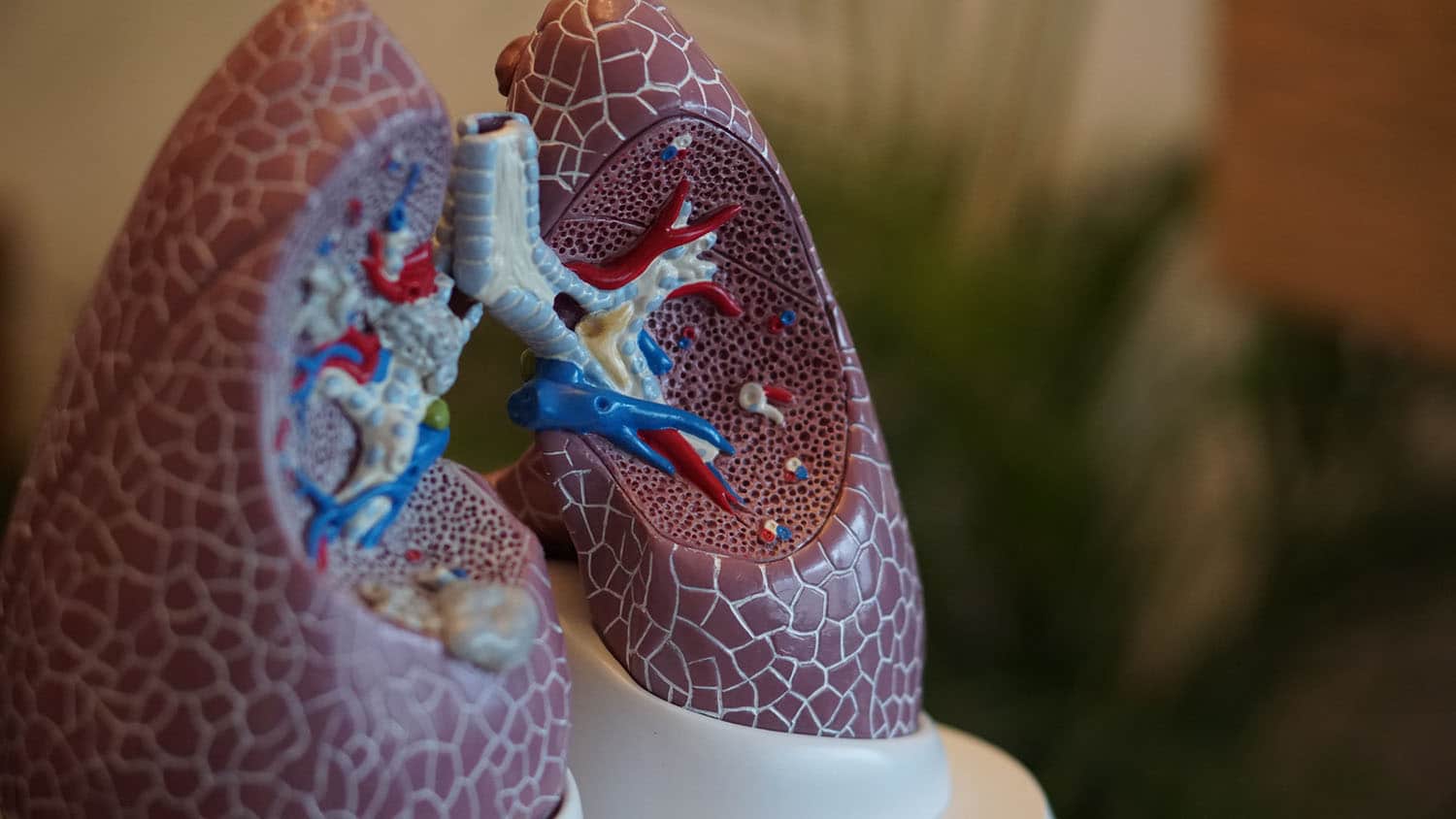
Inhalable ‘SHIELD’ protects lungs against COVID-19, flu viruses
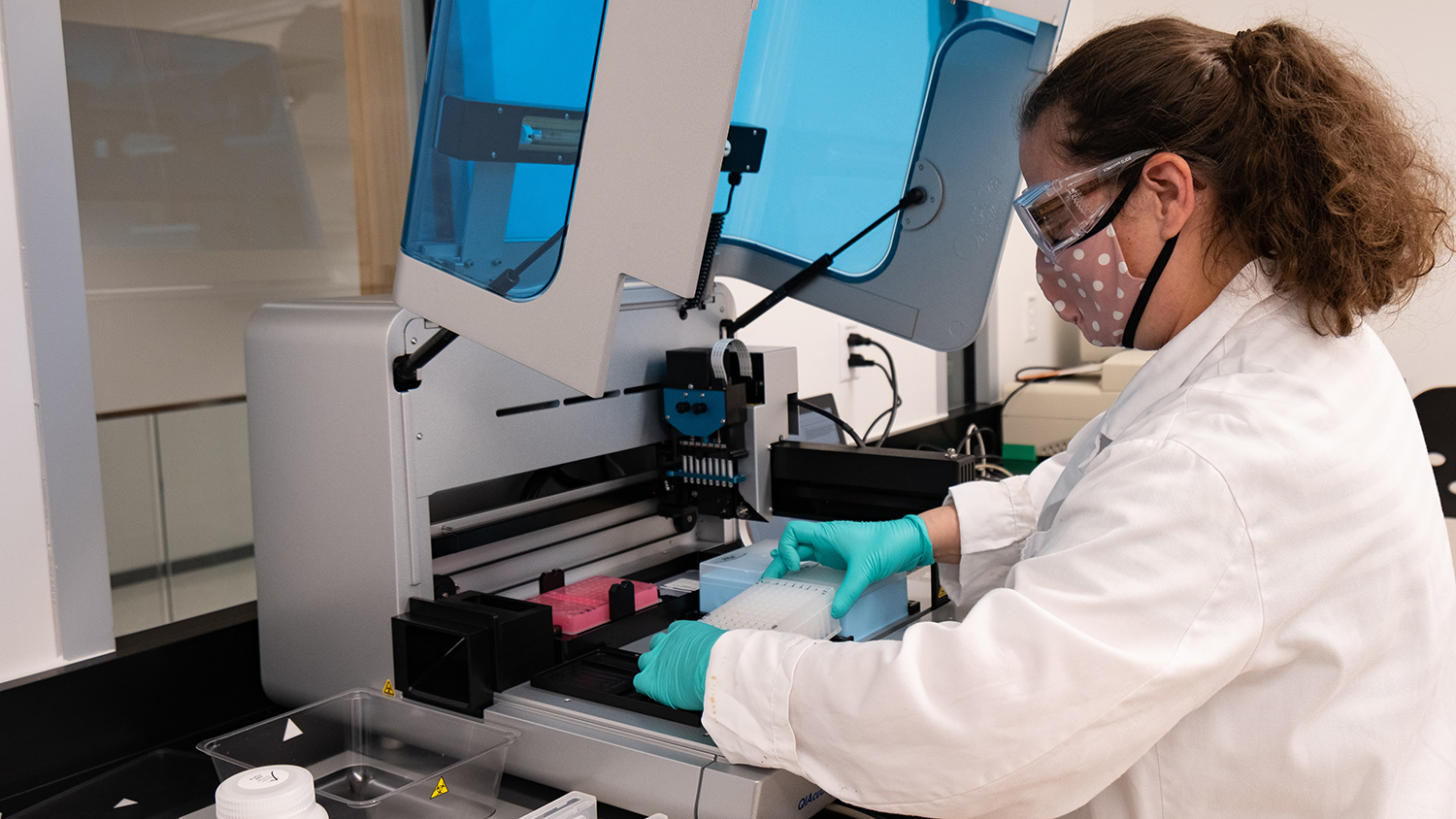
Tracking COVID-19

Wastewater, syndromic COVID-19 surveillance are important pieces of COVID-monitoring toolkit
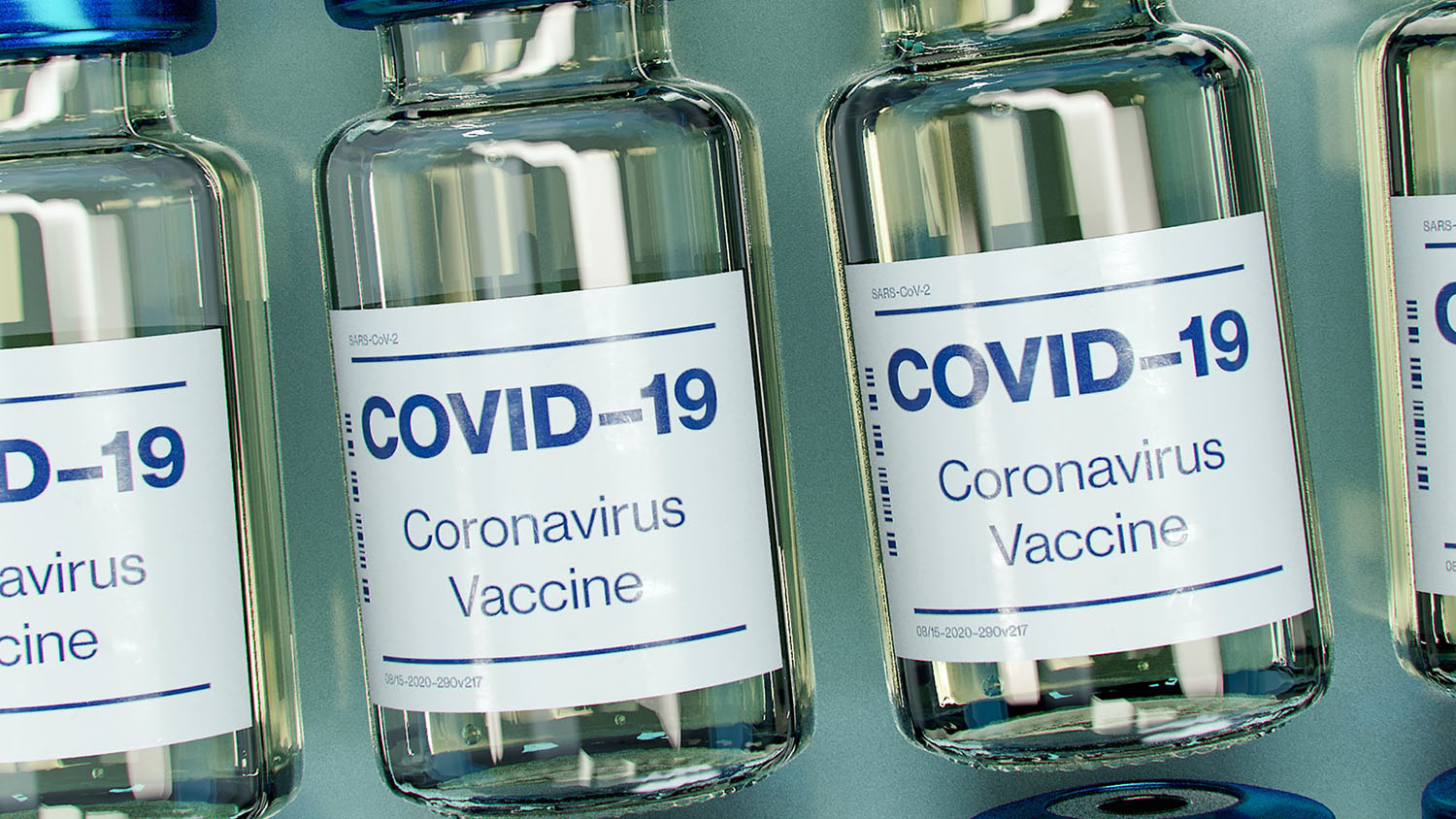
Inhalable COVID-19 vaccine shows promise in rodent model
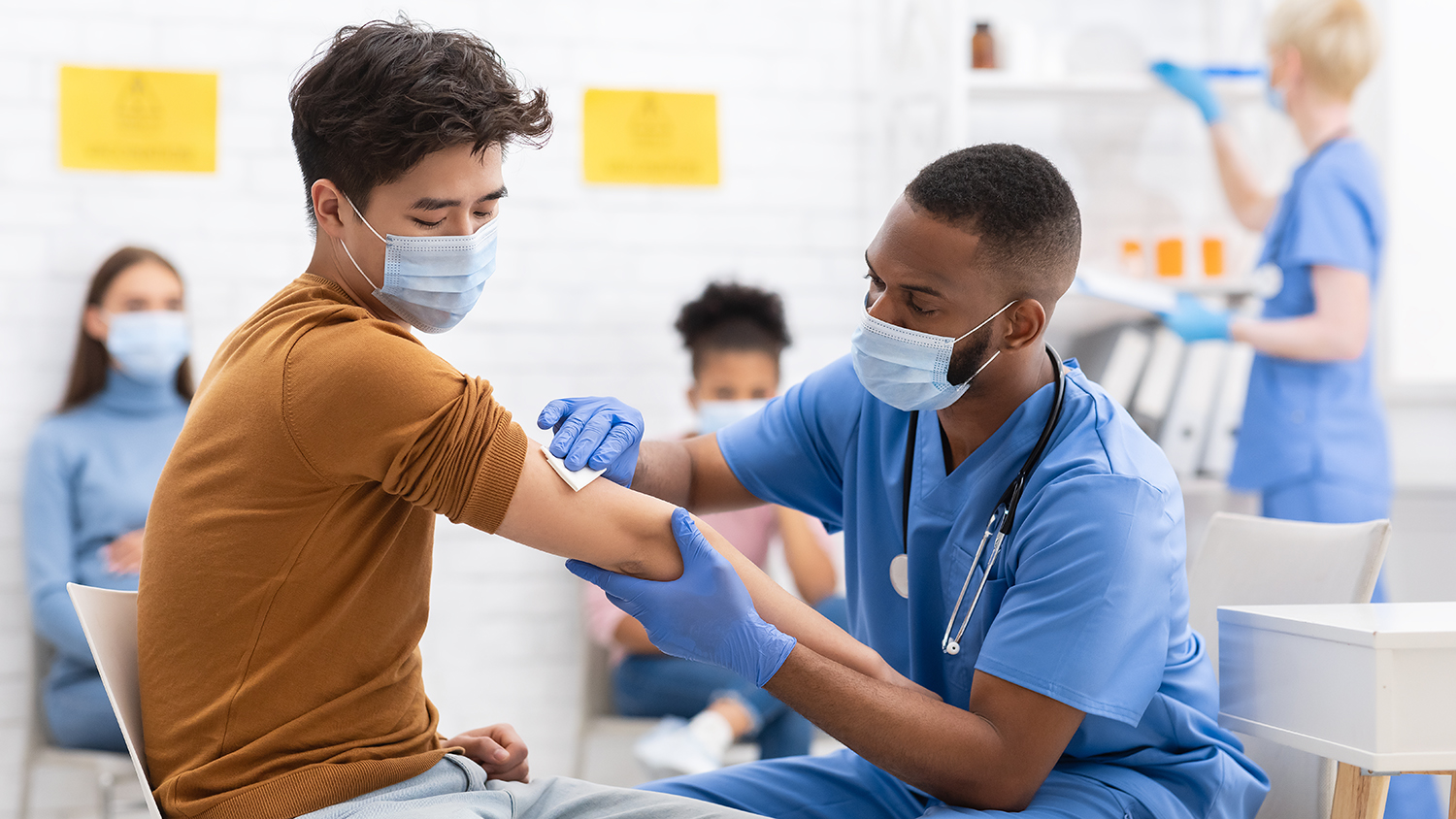
NSF RAPID grants support engineering research on pandemic for better future solutions
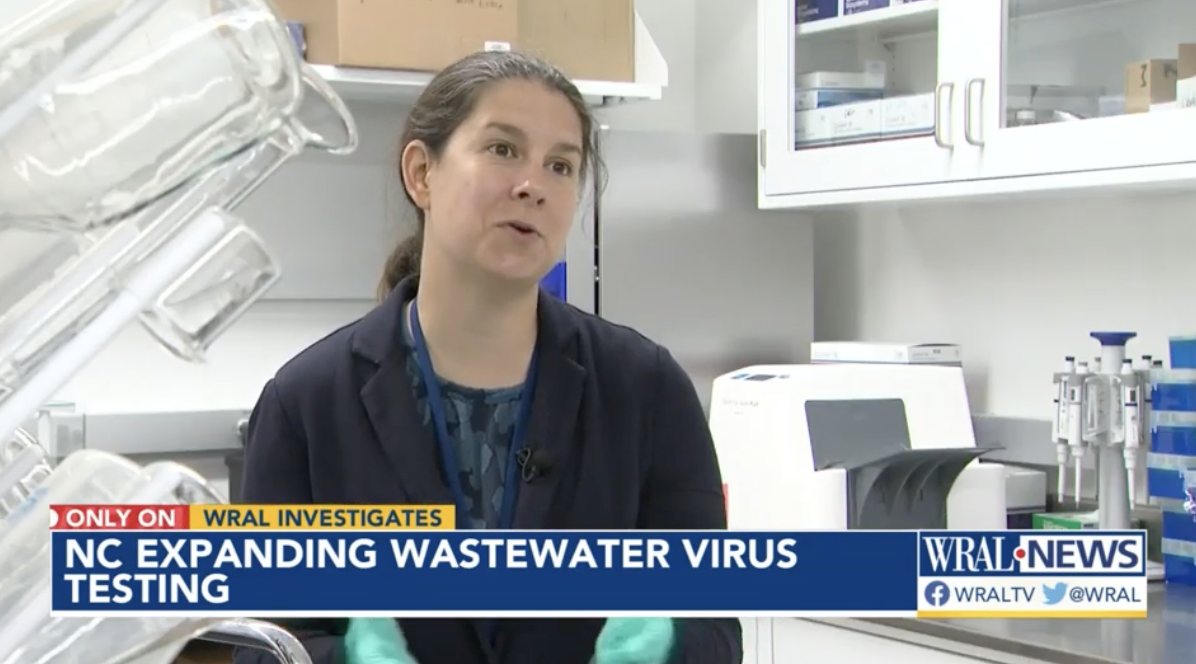
WRAL features CCEE’s Angela Harris’ COVID-19 wastewater testing in new report

Researchers roll out data on COVID vaccine distribution and waste
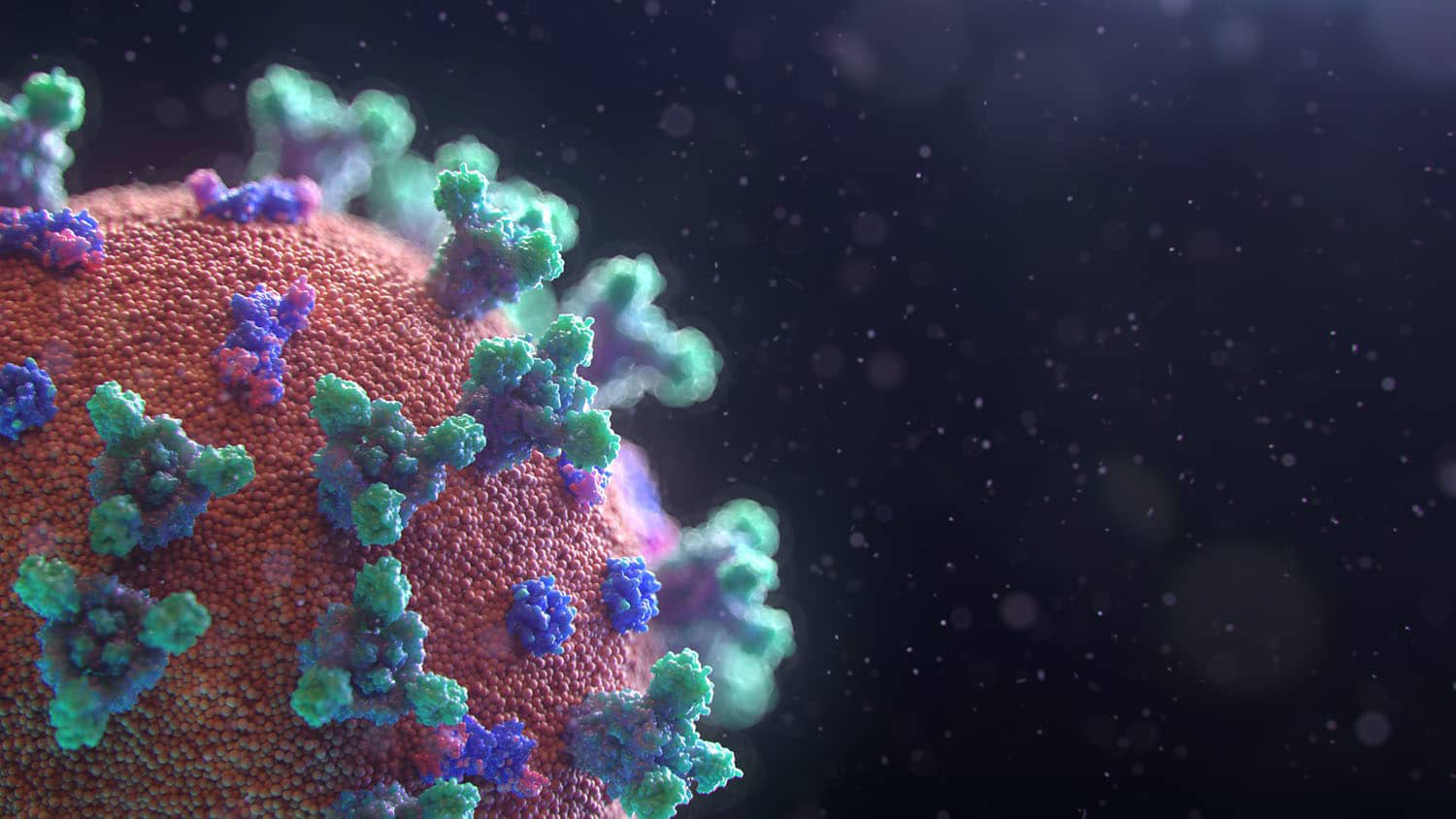
What is the Omicron variant of COVID-19? And what do we know about it?
